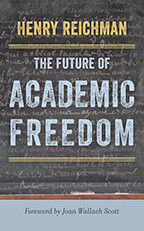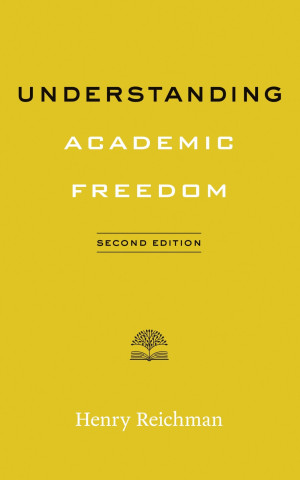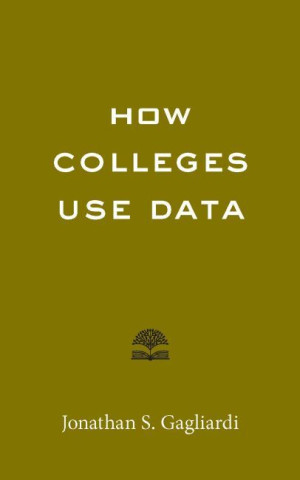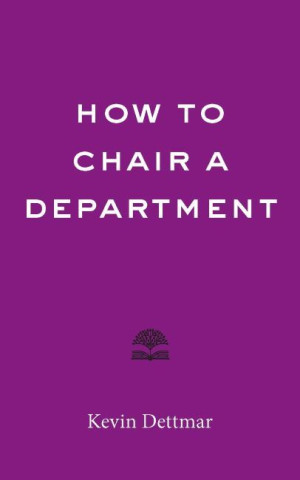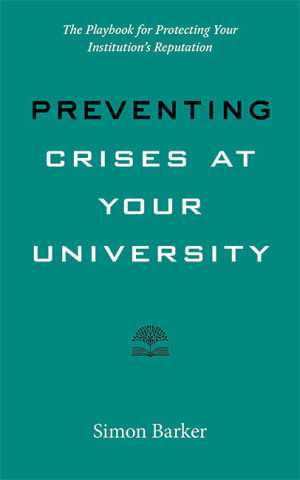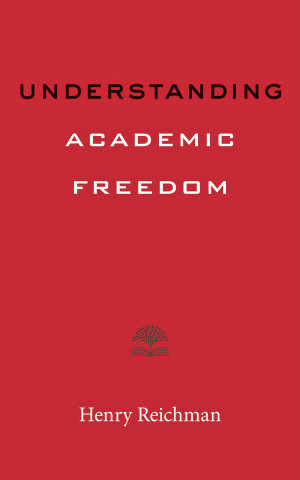
Reviews
Reichman addresses the issue of academic freedom in a timely matter. His lengthy service as chair of AAUP's Committee A makes him especially well qualified to deal with this subject.
Academic freedom has become a flashpoint both in recent discussions of higher education and more broadly in the ongoing culture wars. Understanding Academic Freedom promises to be both an important and a timely intervention on a subject of great and increasing concern.
One part user's manual, one part call to action. Reichman offers a clear, engaging review and analysis of historical precedents, legal cases, and current events to argue that the revitalization of academic freedom is essential to counter the decades-long right-wing assault on knowledge and expertise, and to ensure the survival of America's democratic experiment.
From social media bullies and boards pushing political agendas to science skeptics and presidents beholden to corporate interests, universities confront a remarkably hostile environment for academic freedom. As he has done before, Hank Reichman incisively frames an urgent agenda to protect academic freedom as essential for higher education to thrive.
A terrific introduction to the principles of academic freedom that are foundational to the work of scholars and teachers and an engaging guide to the complexities of applying those still vital principles to the myriad circumstances of modern academic life.
In Understanding Academic Freedom, Henry Reichman demystifies the concept of academic freedom, drawing on his extensive experience as a scholar and leader in the American Association of University Professors. Deeply researched and deftly argued, this eye-opening book shatters many illusions about higher education in the United States today.
Henry Reichman has written an accessible overview of the history and multiple meanings of academic freedom, helpfully illustrated by his deep familiarity with AAUP policies and recent controversies. It is especially valuable for readers eager to learn about new challenges to academic freedom and to place them in the context of traditional understandings.
Reichman, a leading voice on academic freedom, has given us an essential account of academic freedom's history and significance for our moment. Now, when free inquiry and the pursuit of truth are under assault, Understanding Academic Freedom offers a robust defense of this keystone of our campuses and our democracy.
Place this book on the shelves of every college and university president, dean, and trustee. Give it to every graduate student headed for an academic career. Put it in the hands of every legislator who has to defend academic freedom from intrusive partisans.
Book Details
Introduction
1. History
2. Research
3. Teaching
4. Citizenship
5. Tenure
6. Law
7. Students
8. Knowledge
Appendix: Principles of Academic Freedom
Further Reading
Acknowledgments
Notes
Index
